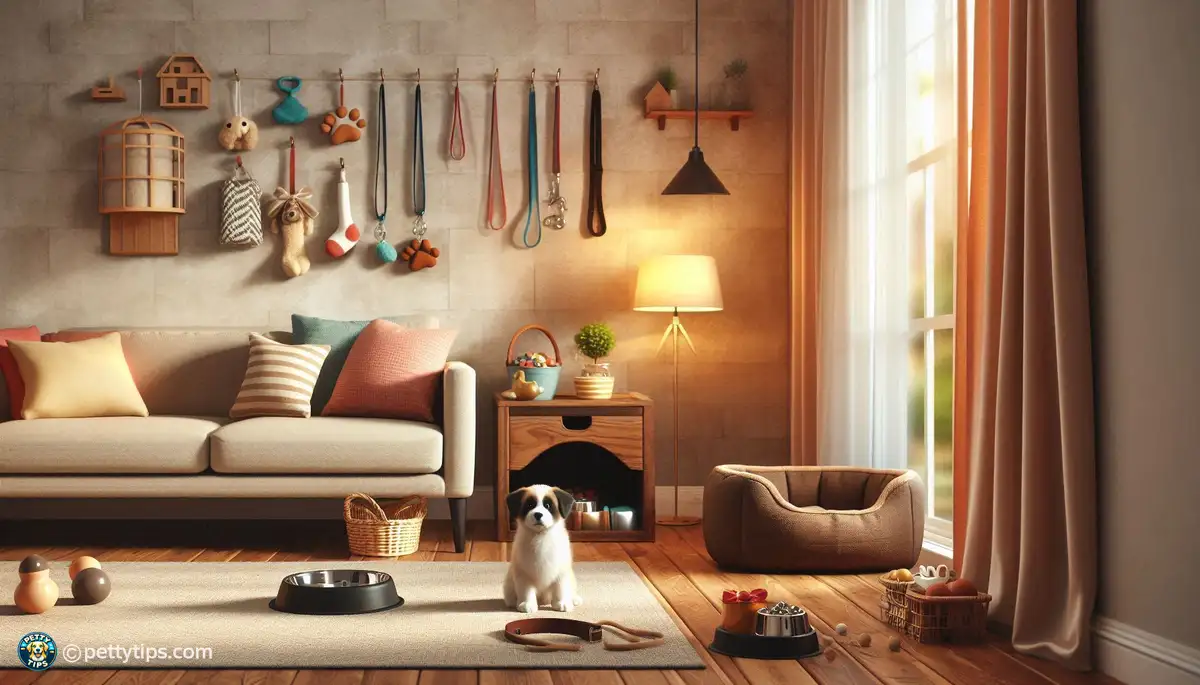
Overcoming Challenges in Fostering Special Needs Pets
Caleb Brown - Sep 16, 2024 - 8 min read


Before bringing your new pet home, it's crucial to do your homework. Each type of pet has its own specific needs, from dietary requirements to exercise routines. Researching your chosen pet's breed or species will give you valuable insights into what to expect and how to best cater to their needs. Look into factors such as grooming, space requirements, and any special considerations for their health and well-being.
Preparing a designated area for your new pet is essential for a smooth transition. Whether it's a cozy corner for a cat or a spacious crate for a dog, having a safe space where your pet can retreat to will help them feel secure in their new environment. Make sure this space is equipped with all the essentials, including food and water bowls, bedding, and toys. Gradually introduce your pet to other areas of the house once they've had time to settle in.
Pets are naturally curious creatures, and it's up to you to ensure their safety by pet-proofing your home. Identify potential hazards such as electrical cords, toxic plants, and small objects that could be ingested. Use baby gates to block off rooms or areas that are off-limits, and secure cabinets and trash bins to prevent your pet from getting into mischief.
Establishing clear boundaries from the outset will help your pet understand what behavior is acceptable. Use positive reinforcement techniques to encourage good behavior, such as rewarding your pet with treats or praise when they follow commands or use designated areas for bathroom breaks. Consistency is key, so be patient and persistent in reinforcing these boundaries.
Investing in high-quality pet food is essential for your pet's health and well-being. Consult with your veterinarian to determine the best diet for your pet based on factors such as age, breed, and any existing health conditions. Make sure to have plenty of food on hand to avoid running out, and consider purchasing feeding bowls that are easy to clean and resistant to tipping over.
regular grooming is important for keeping your pet looking and feeling their best. Depending on the type of pet you have, you may need brushes, combs, nail clippers, and shampoo. Establishing a grooming routine early on will help your pet become accustomed to the process and make it a positive experience for both of you.
All pets need regular exercise to stay healthy and happy. Depending on your pet's species and breed, their exercise needs will vary. Dogs may require daily walks or trips to the park, while cats may prefer interactive play sessions or access to a scratching post. Make time in your daily schedule to engage in activities that meet your pet's exercise requirements.
Training is an important aspect of pet ownership, helping to establish a bond between you and your pet while also ensuring their safety and obedience. Start with basic commands such as sit, stay, and come, using positive reinforcement techniques to reward good behavior. Socialization is also key, exposing your pet to different people, animals, and environments to help them become well-adjusted and confident.
Accidents and emergencies can happen at any time, so it's important to be prepared. Assemble a pet first aid kit containing essential items such as gauze, adhesive tape, antiseptic wipes, and tweezers. Familiarize yourself with basic first aid procedures for pets, and keep emergency contact information for your veterinarian and local animal hospital readily available.
Consider investing in pet insurance to help cover unexpected medical expenses. Pet insurance can provide peace of mind knowing that your pet's healthcare needs will be taken care of without breaking the bank. Research different insurance providers and policies to find the best coverage for your pet's needs and your budget.
Choosing the right veterinarian is crucial for your pet's ongoing health and wellness. Look for a vet who is experienced, compassionate, and readily accessible in case of emergencies. Schedule a wellness check-up for your new pet shortly after bringing them home to establish a baseline of their health and address any concerns or questions you may have.
Don't hesitate to reach out for support if you need it. Whether it's hiring a pet sitter or enrolling in training classes, there are plenty of resources available to help you care for your new pet. Joining online forums or local pet communities can also provide valuable advice and camaraderie with fellow pet owners.
Bringing a new pet into your home is an exciting and rewarding experience, but it also requires careful planning and preparation. By taking the time to research your pet's needs, pet-proofing your home, and stocking up on essentials, you'll be well-equipped to provide a loving and nurturing environment for your new furry friend. Remember to establish a routine, prepare for emergencies, and build a support system to help you navigate the joys and challenges of pet ownership. With patience, consistency, and lots of love, you and your new pet will embark on a wonderful journey together.